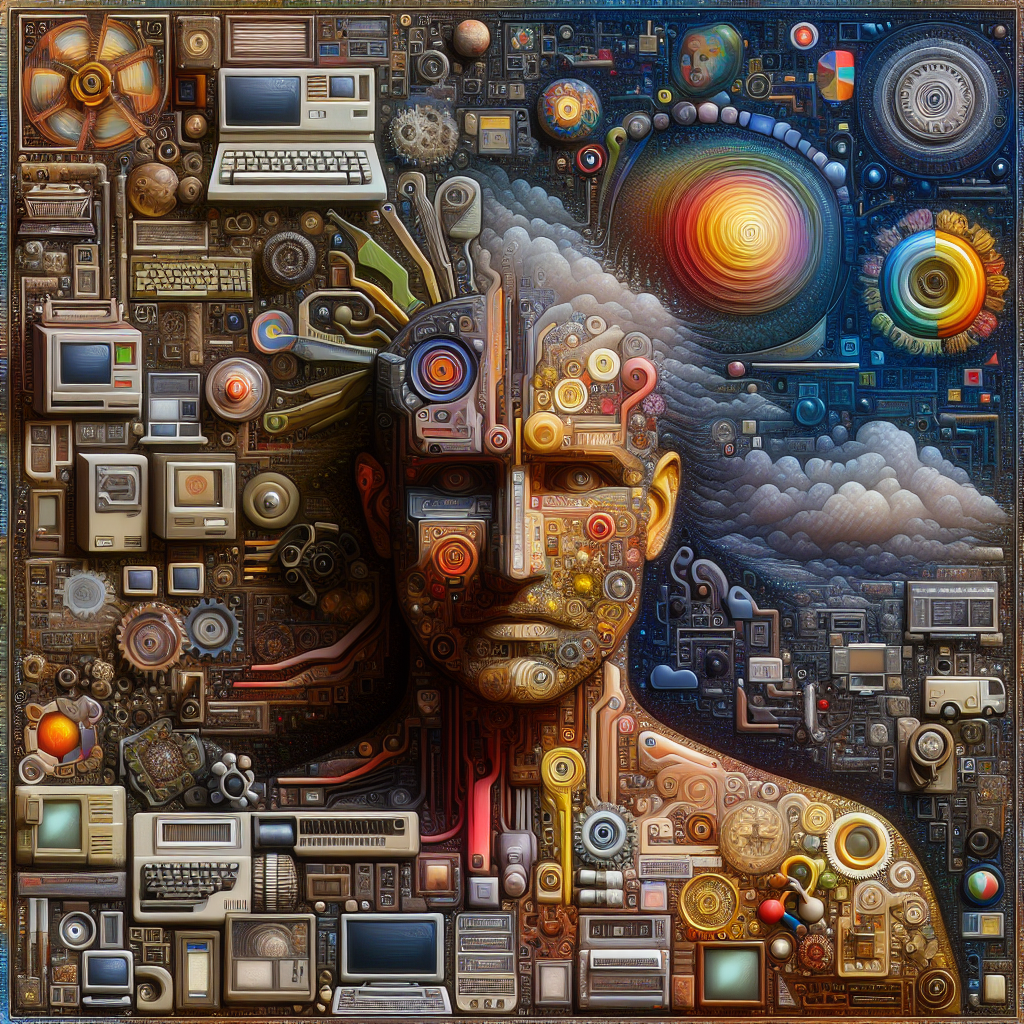Unveiling the Surprising Origins of Computer Development: A Fun Fact Friday Special
- Tom Tardy
- Aug 30, 2024
- 2 min read
Welcome to another exciting Fun Fact Friday edition! Today, we delve into the fascinating world of computer history, uncovering surprising details about the creation of these indispensable machines that have transformed our lives in unimaginable ways.
The Birth of Computers: A Journey Back in Time

Our journey begins in the early 20th century, a period marked by rapid technological advancements and a growing interest in automating complex calculations. Contrary to popular belief, the concept of computers didn't originate in a flash of modern innovation. Instead, it emerged gradually, evolving from simple counting devices to the sophisticated machines we know today.
From Abaci to Analytical Engines: The Evolution Continues

One of the earliest forms of computing devices was the abacus, an ancient tool that enabled users to perform basic arithmetic operations. Fast forward to the 19th century, visionary thinkers like Charles Babbage conceptualized the idea of analytical engines, laying the groundwork for the development of programmable computers.
The ENIAC Era: Pioneering Advances in Computing
In the midst of World War II, the need for fast, reliable computing became paramount. This led to the creation of the Electronic Numerical Integrator and Computer (ENIAC) in 1945, widely regarded as the first general-purpose electronic digital computer. ENIAC's unveiling heralded a new era in computing, revolutionizing data processing and paving the way for future innovations.
The Turing Test and Artificial Intelligence: A Vision of the Future
Alan Turing, a brilliant mathematician and cryptanalyst, played a pivotal role in shaping the course of computer science. His groundbreaking work on the Turing Test laid the foundation for research in artificial intelligence, fueling debates on machine learning and cognitive simulation.
The Home Computer Revolution: Empowering Individuals
As technology advanced, computers transitioned from bulky mainframes to sleek personal computers, marking the onset of the home computer revolution. Innovations like the Apple II and IBM PC democratized computing, making it accessible to a wider audience and catalyzing a digital revolution that continues to shape our world today.
Conclusion: Celebrating the Past, Embracing the Future
As we reflect on the remarkable journey of computer development, we are reminded of the boundless potential of human ingenuity and innovation. From humble abaci to cutting-edge supercomputers, the evolution of computers is a testament to our unending quest for progress and knowledge.
Join us next Friday for another riveting exploration of intriguing facts and discoveries! Until then, stay curious and keep exploring the wondrous world of history and technology.
Remember, the real voyage of discovery consists not in seeking new landscapes, but in having new eyes. Happy Fun Fact Friday!
Unlocking the mysteries of computer development, one fact at a time.
SEO Keywords: computer development, history of computers, ENIAC, Alan Turing, artificial intelligence






Comments